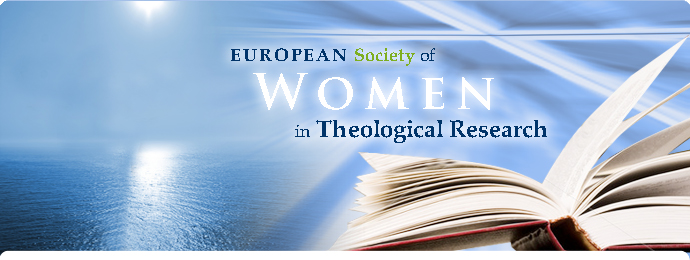Today's God is still alive and free
Statement by the ESWTR to the word "Lord" in some recent Christian Bible translations and in the Roman Catholic Instruction for Liturgy
The Bible is a collection of historical texts of extremely various origins and forms dating from a period spanning over 1000 years. At the same time, the Bible is the primary or central text of reference for several communities of faith. As such, the Bible claims to be an authority, an aid, and a motivation for the existence and activity of women, men and children in contexts which are always changing. This weaving together of two qualities constantly leads to new attempts to allow the biblical text to speak to different situations: new theologies, new exegeses, and new translations seek to use constructively the tension between the fixed text and the changed conditions of the text's reception. The new translations of the Bible into modern languages which are periodically made are thus of great importance, since they are committed to being faithful to the text but at the same time fix for decades the curent and valid wording of the biblical text within a constantly changing context.
Feminist Theology, which has now become a world-wide movement, probably represents the most radical movement of renewal in many religions at the beginning of the twenty-first century. Its questioning especially concerns Christianity. As long as the impression that it identifies the divine with the male sex in liturgy, teaching and practice remains, Christianity will not offer a true home for the female sex. When God is unquestioningly and consistently addressed as male creator and law maker, as Lord and Father, women necessarily find themselves in the position of the other sex, distanced from God or even against God, dependent upon masculine mediations in its relationships to the transcendent. Increasingly women experience this 's religions. Increasing numbers of women, who are traditionally the transmitters and preservers of the religious in everyday life, are no longer prepared to engage themselves in contexts which deny them full participation and which too often subject them to the humiliation or alienation by a clear derogation of their sex.
Given the breadth of influence of feminist theological transformation we protest against the fact that in current projects for the re-translation of the Scriptures, such as the German "Neue Zürcher Bibel" or the Dutch "Nieuwe Bijbel Vertaling", or official documents such as the new Roman Catholic Instruction for Liturgy which includes guidelines for the translation of liturgical books, objections raised by women substantiated by liberating justice and the intention of the texts are rejected with a mere reference to the original text and the need for faithfulness to tradition. Especially we point out that by the translation of the tetragrammaton YHWH with "Kyrios" initiated by the Septuagint and subsequently with the Latin "Dominus" (Lord) the identification of the Divine with the male is suggested. This restriction does not justice to the Name of God. Women's claim to the full representation of their sex, and their criticism of the centuries-old tradition of making the male the absolute, is thereby continuously ignored.
The insistence on an alleged fidelity to tradition fails to meet the question of the intention of the Biblical texts as it has been rearticulated by feminist theologians. Today, the task of translation, exegesis, theology and liturgy can no longer be only an anxious holding to a one-sided tradition of male names for God, but the common search for an appropriate language which can express in a wholesome and liberating way the divine as a mysterious horizon of meaning, as a critical and living partner for all faithful people.
Salzburg, 23 August 2001

